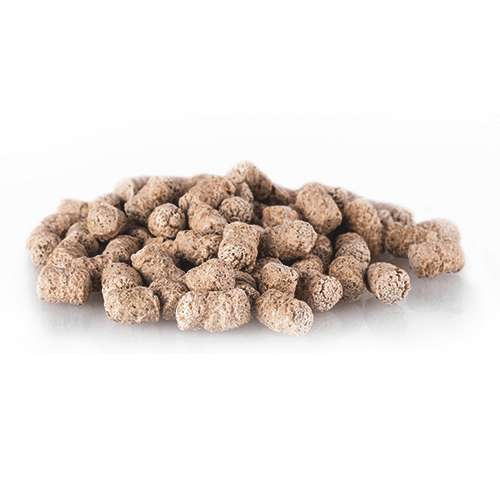DESCRIPTION
Emulsifier in aqueous solution based on amine salt to produce anionic bituminous emulsions with medium and slow breaking speed. Used to produce bituminous emulsions for the construction and maintenance of road paving and for the construction of waterproofing products for the construction industry.
APPLICATION
POLYEM AN-T is suitable for the production of basic bitumen emulsions (anionic) with medium and slow breaking speed and for the production of super stable emulsions, for the following applications:
• Road floor emulsions, designed to be mixed with aggregates;
• Emulsions for road paving, designed to be very stable, even if mixed with very fine aggregates;
• Emulsions to produce waterproofing membranes for roofs, terraces, foundations, walls, viaducts, bridges, etc.;
• Emulsions for producing bituminous primers for the installation of bituminous membranes.
DIRECTIONS OF USE
POLYEM AN-T is dissolved in water at a temperature of 40 ° C and subsequently saponified with caustic soda until reaching a pH of 12. POLYEM AN-T can be used for the production of emulsions both modified with water phase elastomers (lactic), and with the use of modified bitumen with polymers (PMB). POLYEM AN-T can work with all types of aggregates, bitumen and different weather conditions.
DOSAGE
The dosage of POLYEM AN-T varies according to the type of application, using percentages ranging from 1% to 3% on the weight of the final emulsion.
FORMULATION
Medium / slow / super stable bituminous emulsion for road paving
| Bitumen 70/100 | : 60% w/w |
| POLYEM AN-T | : 1 – 3% w/w |
| NaOH (Sodium hydroxide) | : 0,1 – 1% w/w (pH soapy solution = 12) |
| Water | : q.b. 100% w/w |
STORAGE
POLYEM CA-30 can be stored for 24 months in original and closed packaging, at a temperature between 5 ° C and 30 ° C.
SAFETY
For more information on classification, protection measures and measures in case of fire, please refer to the product safety data sheet, available on request.
WARNINGS
Advice on how to use correspond to the current state of our knowledge and do not involve the assumption of any guarantee and / or responsibility on the final result of the work. Therefore, they do not exempt the customer from the responsibility of verifying the suitability of the products for use and the intended purposes through preventive tests.



